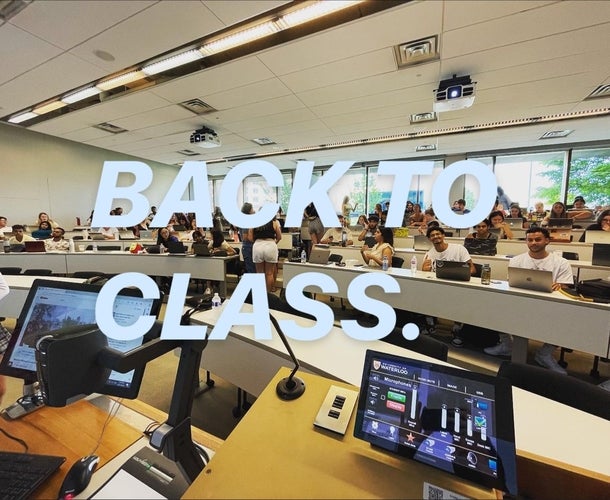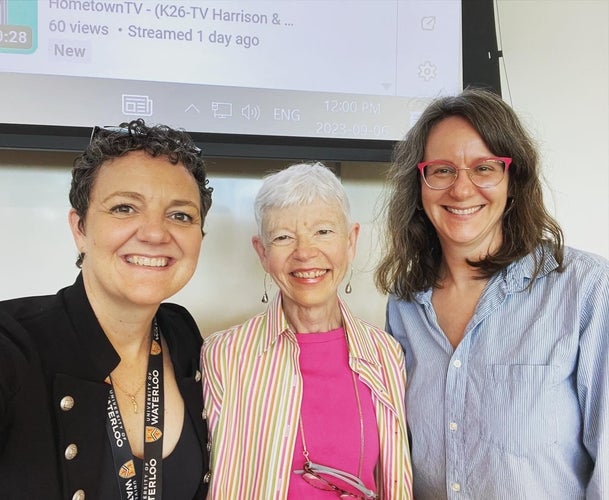
Our continued Indigenous journey
Waterloo Pharmacy offers new Culturally Safe Patient course
Since 2018 Waterloo Pharmacy has been actively committed to the Indigenization of the Pharmacy curriculum.
A collaborative process with three groups – the Centre for Teaching Excellence, the Centre for Extended Learning and the School of Pharmacy - led to the creation of a new Culturally Safe Patient course.
The course is in its inaugural year and focuses on building awareness of historic and current day factors that make certain groups of patients feel unsafe in healthcare settings. This marginalization often leads to a reluctance to access care, mistrust of providers and an unwillingness or inability to follow recommendations.
Online modules have been authored by Dr. Leslie Wexler, senior educational developer, Indigenous Knowledges and Anti-Racist Pedagogies, Centre of Teaching Excellence at the University of Waterloo. Leslie identifies as a Metis woman and brings expertise in Indigenous Knowledges and both Indigenous ways of knowing and western pedagogies.
Within the course, emphasis will be given to working with Indigenous patients, but the lessons learned will be applied to other made-marginal groups.

First day of class in the Culturally Safe Patient course. Image credit: Leslie Wexler.
“The first time you offer any course, you know that there will be aspects that will work well and others that may not hit the mark,” says Elaine Lille, adjunct assistant professor and author of an Indigenous Initiatives strategy at the Waterloo Pharmacy.
We will be seeking feedback from students, team members and other stakeholders to refine the course and make it the most meaningful experience we can.
Dr. Kelly Grindrod, course coordinator and associate professor at Waterloo Pharmacy has arranged for a series of guest speakers for in-person sessions that include life experiences of people from a range of diverse groups.

L-R: Leslie Wexler, Elaine Lillie and Kelly Grindrod. Image credit: Leslie Wexler.
The course is important for several reasons:
- It responds to the Truth and Reconciliation Calls to Action, specifically Call 24 that recommends programs that train future healthcare providers offer courses that address “Aboriginal health issues”.
- It fulfills the mandate of the Indigenization strategy to Indigenize the curriculum. Additionally, by having an Indigenous person author the content, we adhere to a guiding principle presented in the strategy – that “nothing about us without us” must guide the work.
- It makes students aware of the challenges made-marginal groups face, sensitizes students to those difficulties and begins building a toolkit for enhancing care for all patients.
"We are very grateful to our collaborators and humbled by their support in creating this first-of-its-kind course at the University of Waterloo," says Dr. Grindrod. "Our hope is by offering courses like this, that the next generation of healthcare providers will be better equipped to work with all patients."
This National Day for Truth and Reconciliation, the School reflects on what has been accomplished, what can be achieved in the future and how we can all further learn from our Indigenous communities.
Visit Our Indigenization Journey webpage for more updates and resources at Waterloo Pharmacy.